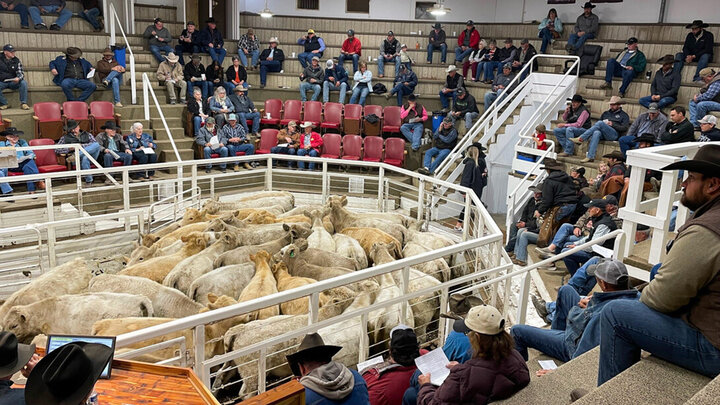There is an old saying attributed to Benjamin Franklin, “nothing is certain except death and taxes.” We are all familiar with taxes and constantly seek ways to minimize them. In addition, governing bodies have quickly adopted the idea of using tax incentives. These entities work toward their various goals by incentivizing taxpayers (companies and individuals) to act in a particular manner or alter behavior.
Benefits of tax incentives: green energy and depreciation allowance
One example is the allowance of depreciation expense to encourage business reinvestment or the current trend to provide tax credits for investing in green energy use, e.g., wind turbines, solar electric equipment, etc. The tax code offers incentives whereby taxes may be reduced or deferred. Since tax filing requires documentation, the demand for understanding tax law has resulted in the specialized field known as tax accounting.
Tax accounting vs. managerial accounting
It is not surprising that taxpayers find ways to minimize their taxes. However, as a result of this behavior, the accounting methods and information differ from the information needed for critical decision-making. Making sound business decisions and understanding the health of a business requires different and more detailed information and is commonly known as managerial accounting.
Tax accounting is external; its purpose is reporting income, preparing tax forms, and paying your so-called fair share of taxes.
Management Accounting is internal; it aims to help you operate and grow your business profitably.
Access to information: power to producers
Producers today have more access to information and data than ever before. They want and need to know their cost of production and understand what is required to break even. Every business is different and needs to be managed accordingly. It requires a thorough knowledge of accurate information to make the best decisions. How well can you forecast your cash flow, your need for working capital, make wise purchases of inputs, seed, fertilizer, etc., and capital investments, e.g., land, equipment, etc.
Multidisciplinary approach for modern farming
To be successful in the business of farming requires an understanding of biology (agronomy/animal science), logistics (equipment use and application), business (accounting practices, marketing, contracts, etc.), and management practices (communication skills and human behavior). Balance in any operation is a plus. Managerial accounting is just one of the keys that can help propel farmers to the next level of success.
References:
Krogmeier, B. (2019, June). Financial accounting vs managerial accounting: What does your farm need? https://www.farmprogress.com/management/financial-accounting-vs-managerial-accounting-what-does-your-farm-need- accessed August 2023
Vanderlin, J. Selecting your Farm Accounting System. https://farms.extension.wisc.edu/articles/accounting-system/ accessed August 2023.
Meyer, T. (2019, October). Accounting Assumptions and the Farm Business. https://agecon.unl.edu/cornhusker-economics/2019/accounting-assumptions-farm-business accessed August 2023.
FCS. How Managerial Accounting Can Help You Manage Your Farm or Ranch. https://www.fcsamerica.com/resources/education/learning-center/learning-center/how-managerial-accounting-can-help-you-manage-your-farm-or-ranch accessed August 2023.
Haskell, J. (2021, February). Tax Accounting vs Management Accounting. https://www.linkedin.com/pulse/tax-accounting-vs-management-john-haskell accessed August 2023.
Ross, S. (2023, June). How Financial Accounting Differs From Managerial Accounting. https://www.investopedia.com/ask/answers/041015/how-does-financial-accounting-differ-managerial-accounting.asp accessed August 2023.
Shannon Sand
Extension Educator, Agricultural Economist
Department of Agricultural Economics, University of Nebraska-Lincoln
Matt Stockton
Professor, Agricultural Economist
Department of Agricultural Economics, University of Nebraska-Lincoln




